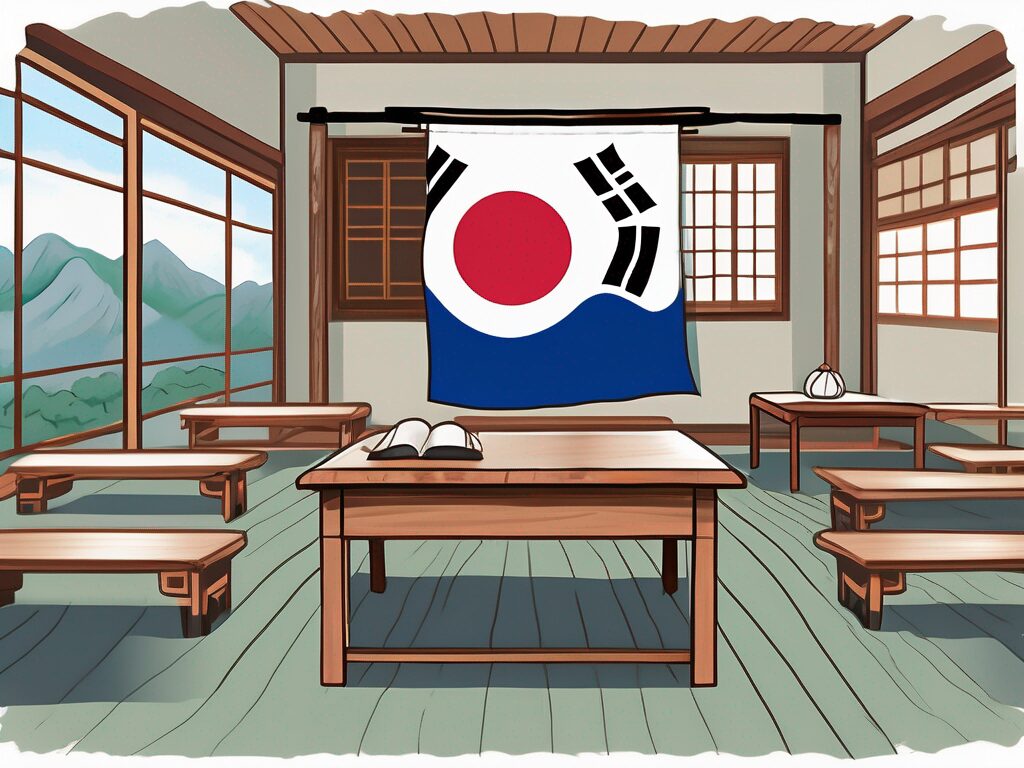South Korea, often referred to as the Land of the Morning Calm, is a popular destination for teachers looking to take their skills abroad. With its rich history, vibrant culture, and the promise of an adventure, it’s no wonder that many are drawn to this East Asian country. However, before you pack your bags and book your flight, it’s important to understand the qualifications required for teaching in South Korea.
Basic Requirements
Educational Qualifications
To teach in South Korea, the first and foremost requirement is a Bachelor’s degree. This degree can be in any subject, but having one in education or a related field can give you an edge. The South Korean government and private institutions alike value education highly, so a degree is non-negotiable. It’s akin to having a passport – without one, you simply can’t travel.
It’s also worth noting that your degree must be from an accredited university. This is to ensure that the education you received meets a certain standard. Think of it as a quality assurance stamp, guaranteeing that you’re equipped with the necessary knowledge and skills.
Teaching Certifications
While not always strictly necessary, having a teaching certification can significantly increase your chances of landing a teaching job in South Korea. This could be a state teaching license or a TEFL (Teaching English as a Foreign Language) certification. It’s like having a driver’s license – you can drive without one, but having it proves that you’re competent and reliable.
For those who plan to teach English, a TEFL certification is particularly beneficial. It shows potential employers that you’re not just a native speaker, but also trained to teach English to non-native speakers. It’s the difference between being able to cook for yourself and being a trained chef – both can cook, but one has the skills and knowledge to do it professionally.
Additional Requirements
Health and Background Checks
South Korea takes the safety of its students very seriously. As such, all prospective teachers must undergo a health check and a criminal background check. These checks are like a vetting process, ensuring that you’re fit to teach and have no criminal history that could put students at risk.
The health check typically includes a drug test and a check for any serious illnesses. The criminal background check, on the other hand, looks for any criminal convictions. It’s crucial to be honest and upfront about any health issues or past convictions, as any discrepancies could lead to your application being rejected.
Visa Requirements
To legally work in South Korea, you’ll need an E-2 visa. This is a specific type of work visa for foreign language teachers. Think of it as your ticket to work in South Korea – without it, you simply can’t teach there.
Obtaining an E-2 visa requires a few additional documents, including a copy of your degree, a sealed university transcript, and a signed contract with your employer. It’s a bit like assembling a puzzle – you need all the pieces to complete the picture.
Desirable Qualities
Experience
While not a strict requirement, having teaching experience can make you more attractive to potential employers. This could be experience teaching in your home country or abroad. It’s like having a proven track record – it shows that you’ve done it before and can do it again.
Even if you don’t have formal teaching experience, any experience working with children or young people can be beneficial. This could be volunteering at a youth club, coaching a sports team, or even babysitting. It’s the difference between knowing how to swim and having experience as a lifeguard – both involve swimming, but one demonstrates additional skills and responsibilities.
Adaptability
Living and working in a new country requires a certain level of adaptability. You’ll be navigating a new culture, language, and education system, so being able to adapt is crucial. It’s like being a chameleon – you need to be able to blend in with your surroundings.
Adaptability also extends to the classroom. Each class and each student is different, so being able to adapt your teaching style to meet their needs is a valuable skill. It’s like being a DJ – you need to be able to read the room and adjust your set accordingly.
Conclusion
Teaching in South Korea can be a rewarding and enriching experience. However, it’s not a decision to be taken lightly. It requires certain qualifications, a commitment to the safety and wellbeing of students, and a willingness to adapt to a new culture and environment.
But with the right qualifications and mindset, you can embark on an exciting teaching adventure in South Korea. So, if you’re up for the challenge and meet the requirements, why not take the leap? After all, as the Korean proverb goes, “Aim high, even if you hit a cabbage.”
Take Your Teaching Career to New Heights with IPGCE
Ready to transform your teaching aspirations into reality in South Korea? IPGCE is here to bridge the gap between your current qualifications and the demands of international schools. Our International Postgraduate Certificate in Education is tailored for educators seeking to enhance their credentials and overcome the common barriers to international teaching roles. With iPGCE, you’re not just preparing for the classroom; you’re unlocking a 50% increase in interview callbacks, a pathway to a 45% higher promotion rate, and a significant salary boost. Plus, you’ll join a thriving global network of professionals, gain a profound understanding of international curricula, and enjoy the flexibility of online study that fits your busy schedule. Don’t let inadequate qualifications hold you back. Join the UK’s #1 Teacher Training Course and elevate your teaching career today!

